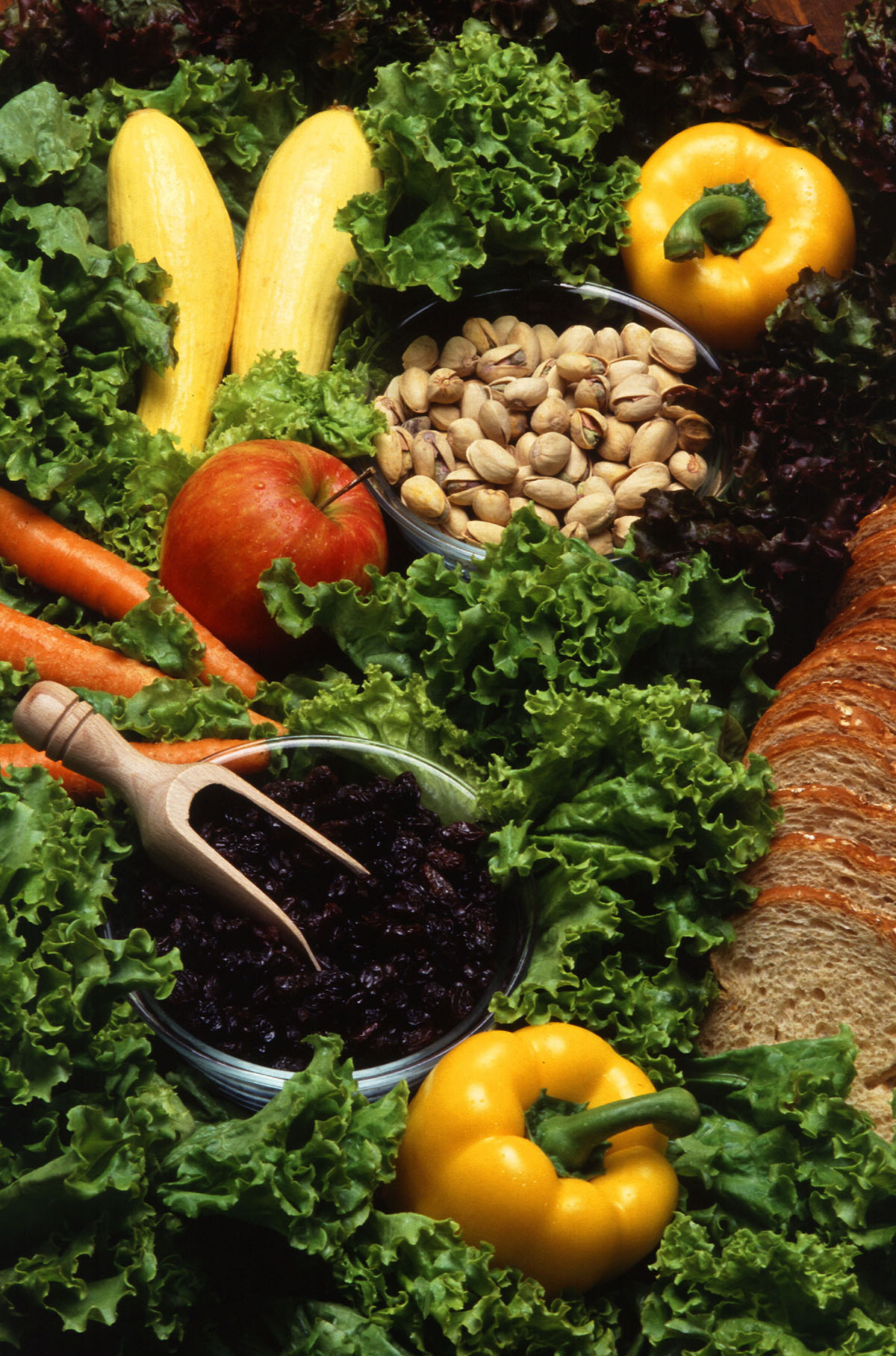
A large number of vegetarians everywhere around the worldactually eat a very healthy and well balanced diet which provides them withmost different types of important nutrients. Some of them follow such a dietfor religious reasons, others have certain cultural reasons while there arealso certain vegetarians who follow such a diet simply for ethical reasons.Some people need to embrace a vegetarian diet simply because they have certainhealth related problems. Before switching to a vegetarian diet, one needs to bewell informed about all the aspects that concern it, and the diet needs to beplanned carefully, especially in the cases of children, teenagers,breastfeeding women and pregnant women. For those who do not know, there arevarious different types of vegetarian diets, but the most common ones includelacto-vegetarian diet, lacto-ovo vegetarian diet and vegan diet.Lacto-vegetarian diet requires a person to exclude eggs, poultry, fish, meatand all foods which may contain them. Butter, yogurt, cheese, milk and othertypes of dairy products are allowed, just like the name implies. Lacto-ovovegetarian diet is similar to the above described one, but it also allows eggsto be consumed, once again: just like the name implies. Vegan diet is the strictestone as it does not allow any dairy products, eggs, fish, poultry, meat or anytype of food which contains these food items. There is also a bit more flexibletype of diet which is sometimes referred to as flexitarian diet orsemivegetarian diet and it is different in that it sometimes allows fish, poultry,eggs, dairy products and meat but only in small quantities. There are certainguidelines which can be followed if a person wants to start following avegetarian type of diet. Ramping up is one good way to go as it involves weeklyincreases of meatless meals which are already enjoyed by the person. Learninghow to substitute is also an excellent idea. One could try certain lovedrecipes in which the meat would be substituted by tofu, soy or simply by addingmore vegetables or legumes than usual. Branching out and collecting new,refreshing and interesting menus, recipes and cookbooks may also be a great wayof embracing the vegetarian diet.
How Do Children Respond to Vegetarian Diet?
For many years, people in the United States considered noteating meat or other animal traced food items a rather unusual thing. Recentyears have seen a large number of people switching to a vegetarian diet forvarious reasons which are already described above. Unfortunately there arepeople who switch to a vegetarian diet simply because they cannot afford meator other animal sourced foods. Children may find it an interesting way oftrying new and different types of food which would keep them healthy andprovide them with most essential nutrients.
Nutrition in Vegetarian Diet
A healthy type of vegetarian diet is no different than otherdiets when it comes to several basic principles. It needs to involve as muchvariety of food as possible, mainly due to the fact that lack of variety cannotprovide the person with all different types of essential nutrients. Certaintypes of vegetarian diets may present a challenge in acquiring severalimportant nutrients. For example, vegan diet does not provide the person withany vitamin B12 and it offers only small amounts of calcium, due to the lack ofdairy products involved. This is why those who follow vegetarian diets need tomake an extra effort in order to obtain several important nutrients. Iron isone of the most important nutrients, and the best sources which vegetarians mayuse to obtain it in preferable amounts include blackstrap molasses, broccoli,pumpkin seeds, dried figs, raisins, tofu, soybeans, baked beans, lentils,chickpeas, iron fortified breakfast cereals, dulse, wakame and nori. Calciumsometimes may be a problem, especially for those who avoid consuming any typesof dairy products. One should always be aware of the fact that insufficientamounts of calcium may lead to the development of osteoporosis. Good sources ofcalcium for vegetarians include dried figs, green leafy vegetables, calciumfortified orange juice, fortified soy milk and tofu. Sometimes people whofollow a vegetarian diet need to intake certain nutrients in the form ofsupplements as well. Best sources of vitamin D for vegetarians include exposureto sunlight, fortified breakfast cereals and fortified soy milk. The bestsources of protein for vegetarians include vegetables, cereals, grains, soymilk, seeds, beans, tofu, peanut butter, nuts, dairy products and eggs. VitaminB12 is very hard to obtain for vegetarians but it can be found in fortified soymilk and breakfast cereals. Zinc can be obtained form tempeh, tofu, nuts, driedbeans and fortified cereals. Iodine is another important nutrient and it can beobtained from table salt fortified with iodine.





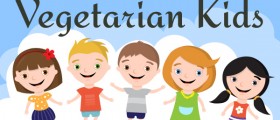

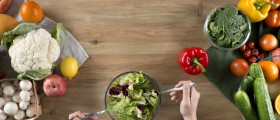
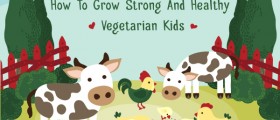
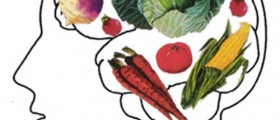

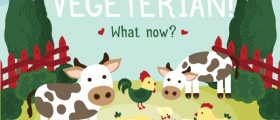

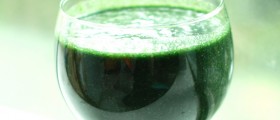



Your thoughts on this
Loading...